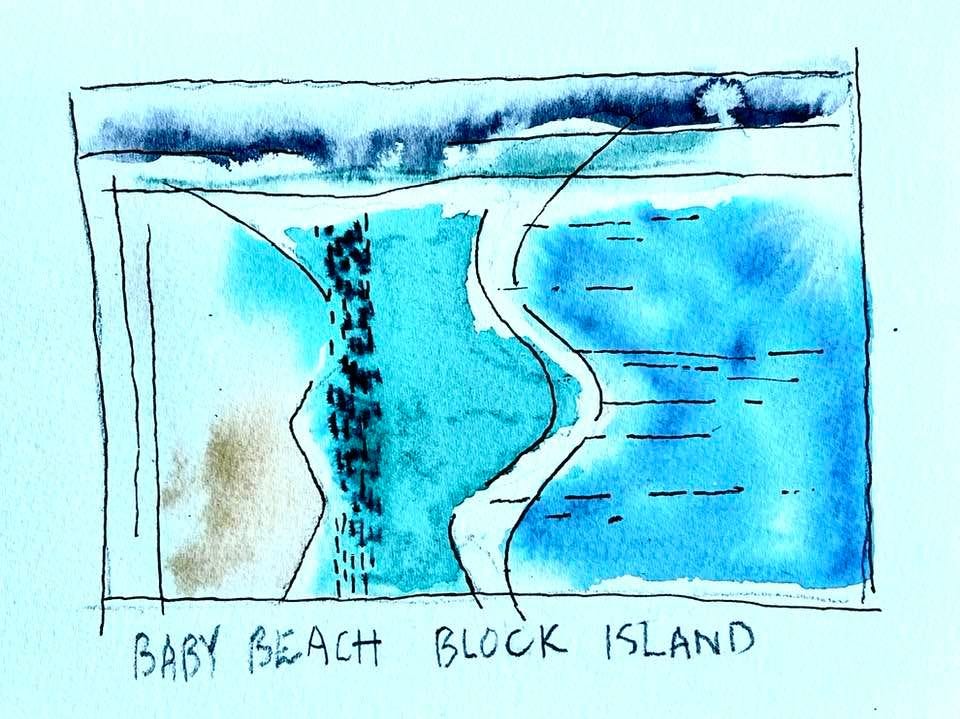My drawings and paintings are on Instagram @klonskyart
,We’re spread out all over the country now.
Since Covid a group of old high school friends get together on zoom pretty regularly.
Yesterday someone asked about our response to Biden’s proposal for student debt forgiveness.
Most agreed it was not enough.
We are a group of 74-year olds, a few doctors and lawyers and teachers. A couple of talented musicians. All professionally successful. All went to the same public school in Los Angeles and graduated in 1966. Most went as undergrads to California colleges and universities for free.
I don’t mean with financial aid. There was no tuition to go to any campus of California’s huge system of higher ed in those days.
So, when I piped in with the view that the solution to student debt should be free college, there wasn’t disagreement.
Of course, some doubted it could be done given the politics of our time.
My high school chums are no cross section of the population. In fact, we are a pretty homogenous group. But one of the things that we all have in common was graduating high school at a time when a California kid could go to the University of California, or a state college or junior college (like me) for free, excluding some fees.
It was Governor Ronald Reagan who was responsible for ending free college in California.
Students protesting the Vietnam War and for civil rights provided a convenient target for Reagan to scape goat.
Mario Savio, leader of the Berkeley Free Speech Movement, speaks to assembled students on the campus at the University of California, Berkeley, on Dec. 7, 1964.
It was also a time when affirmative action programs led to higher Black and Brown enrollment. Another issue that Reagan and the Right could rally against.
Although the concept of a free public education through 12th grade is under attack from the right-wing and corporate privatizers, most Americans support it.
But why is free education ended at the arbitrary age of 18?
I think of access to the disciplines of knowledge and education as a principal of a democracy and shouldn’t just stop with graduation from high school.
Ending access to knowledge at 18 is a very 20th Century idea.
In his book, Democracy and Education, John Dewey wrote that for an expansive democracy we “must see to it that intellectual opportunities are accessible to all on equable and easy terms.”
Sara Goldrick-Rab, professor of educational policy studies and sociology at the University of Wisconsin-Madison, writing in the NY Times:
How we finance public higher education is a matter of political will. Universal public higher education recognizes that college must be affordable for all if it is to help drive our economy and our democracy. Lowering prices for students is just the start — it also comes with shared responsibility for funding higher education and ensuring quality. It helps students focus on learning rather than working so that they complete degrees faster and having acquired more skills. Best of all, it recognizes that ability to pay is not a marker of talent in America — unleashing the potential in us all.






But why is free education ended at the arbitrary age of 18?
Indeed.
If we need an arbitrary age, why not 18 1/2? or 19? Or 24? Or 37?
Ir really is arbitrary, and there's no reason. Everyone benefits from education, and everyone benefits from living in a society with more educated people.